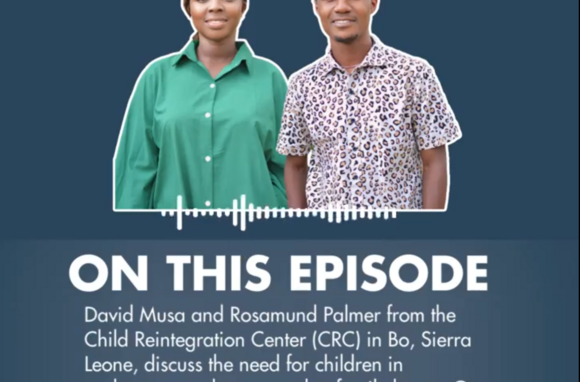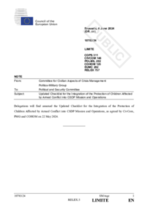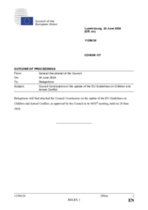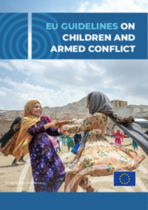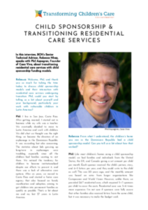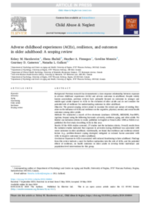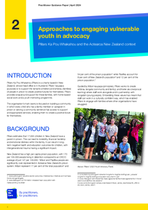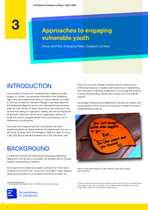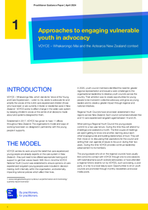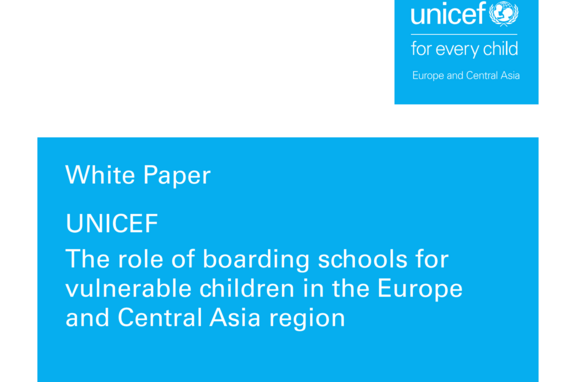Podcast: Why the Move from Orphanages to Family Homes is an African Ideal - Revolutionizing Child Welfare in Sierra Leone
Listen to transition support experts David Musa and Yatta Palmer of the Child Reintegration Centre (CRC) explain how transition is getting more children home to family and learn about the challenges, successes, and the powerful role of the CRC in revolutionizing child welfare in Sierra Leone.

